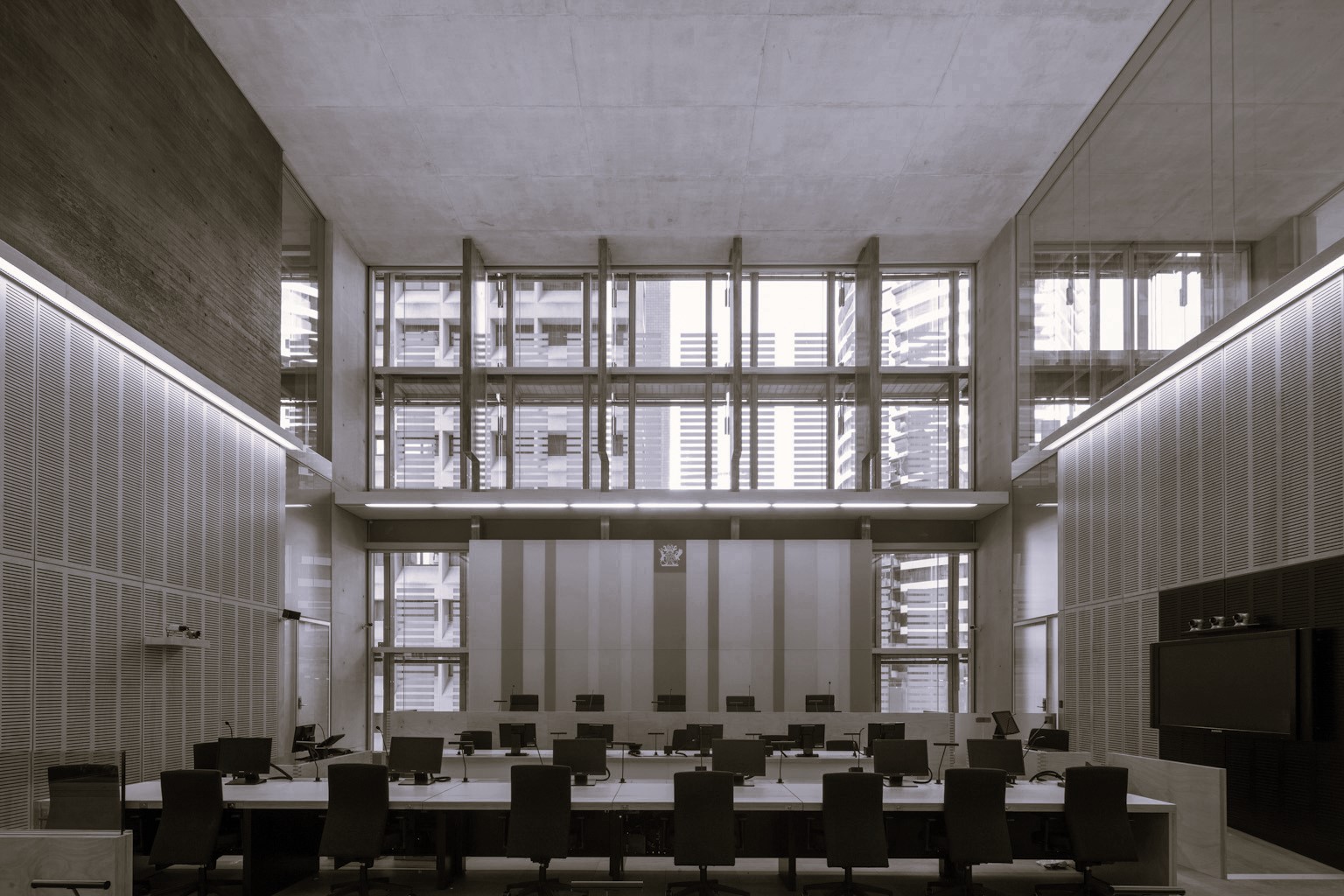Overview
The new laws are thanks to the Police Powers and Responsibilities and Other Legislation Amendment Act (No. 1) Act, which passed Queensland parliament on 20 April 2023. Reportable offenders will have their minimum reporting period doubled, and police will be given additional powers to secretly monitor offenders for breaches of their reporting conditions.
Reportable offenders and the new reporting periods
For the uninitiated, a “reportable offender” is someone who has been convicted of an offence involving child exploitation material (CEM), child abuse material (CAM), or a sexual offence committed against a child. See our previous detailed article for an extensive recap.
Previously, reportable offenders were required to report for 5 years, 10 years, or for the remainder of their life, depending on how many times they have been convicted of a reportable offence. These reporting periods were the shortest in the country, having previously been reduced back in 2014, down from 8 years, 15 years, and life.
Now, the reporting periods have increased to a level which puts us in line with the rest of the country. The new reporting periods are:
- 10 years for a single offence, or multiple offences being dealt with together.
- 20 years for someone who is convicted for the second time for one more reportable offence (or a series of offences arising out of the same incident).
- Forever if they are convicted of more than one new reportable offence that is not part of a single series of offences, or if they have ever been subject to a DPSOA order.
For children, the periods are 2.5 years, 4 years, and 7.5 years respectively. The changes won’t effect existing reportable offenders.
Increased police powers to investigate reportable offenders
Each year, an additional 150 to 200 reportable offenders are added to the QPS Child Protection Offender Registry, which is a database of personal information submitted by reportable offenders. The database contains details such as an offender’s residential address, details of vehicles they own, social networking accounts, email passwords, and contact with children.
Police routinely investigate and charge reportable offenders who fail to report, provide false or misleading information to police, or who fail to comply with prohibition orders.
Investigations are made difficult for police because, as an example, some reportable offenders do not provide a residential address, but may be living in a car or boat and provide a locality to police where they reside. This makes it more difficult for police to detect and gather evidence against them when they are in breach of their obligations.
Current police powers to investigate offences committed by reportable offenders will now be widened, allowing police to use hidden surveillance devices to spy on them and determine if they are committing an offence. Special focus will be placed on offenders who are considered high risk because of their criminal history, or because of offender prohibition orders that have been made against them.
Police will be allowed to apply to a Supreme Court judge or a Magistrate for a warrant to use a surveillance device to monitor reportable offenders. If granted, police can then covertly install covert surveillance devices in a reportable offender’s home or vehicle in order to listen to private conversations and/or monitor their location and determine if they have committed an offence.
Questions?
The ever-increasing penalties and consequences for CEM and CAM offences seems to be a trend which shows no signs of slowing down, as well as the concurrent increase to police powers.
Should you find yourself charged with breaching your reportable offender obligations, a CEM or CAM offence, or an offence committed against a child, it is vital you engage an experienced criminal lawyer to protect your rights.
For more information, check out our dedicated CEM page, articles, or contact us for advice.





